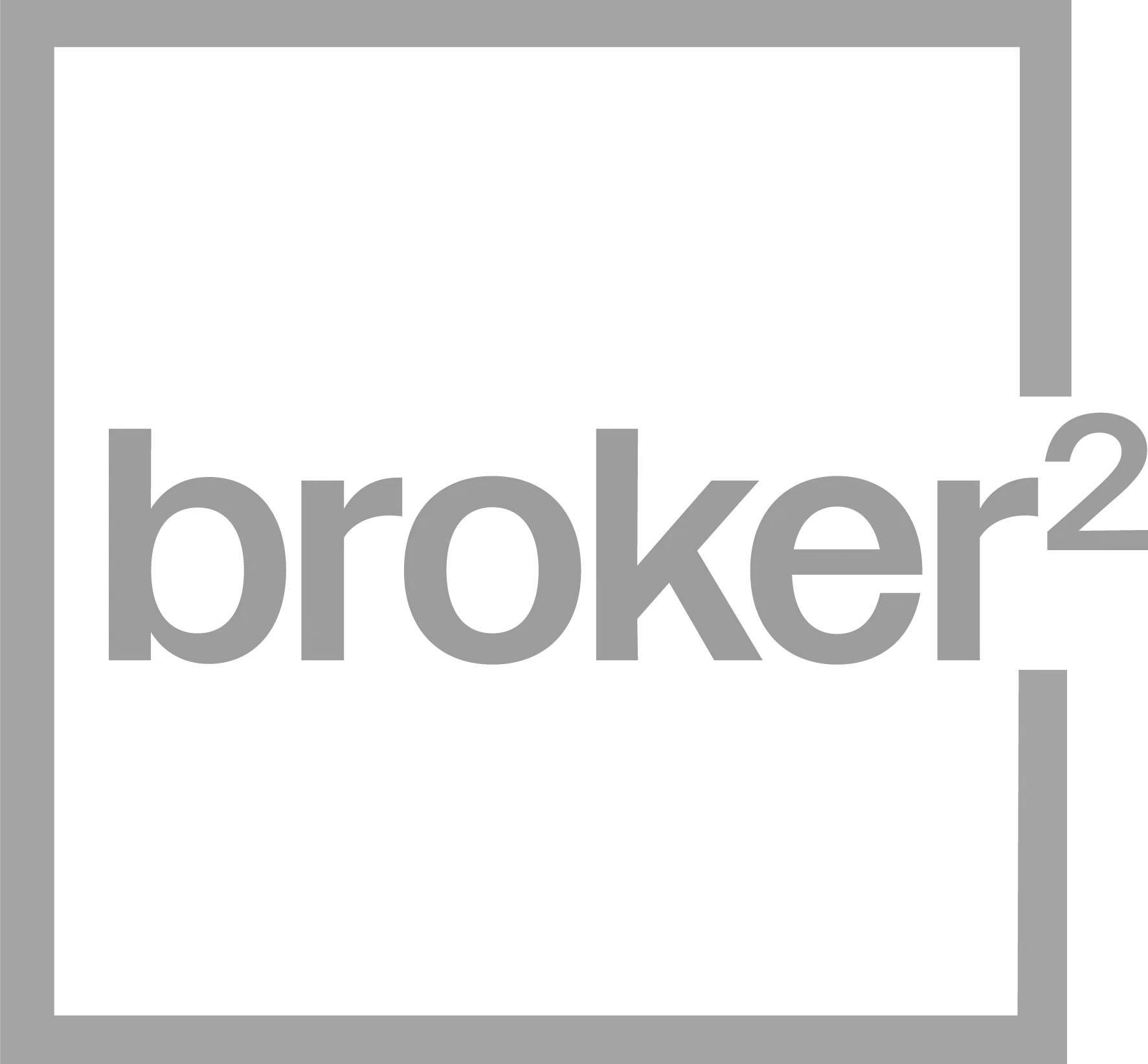Costs Associated with Buying a Property
Tara Gentles • November 14, 2019

So you want to buy a property, that’s great! Make sure you have your wallet ready to bring to the table. In addition to the downpayment, there are many other costs associated with purchasing a home; typically, these are called closing costs.
Your closing costs represent the things you will have to pay for out of your pocket, and the amount of money necessary to finalize the purchase of a property. And like most things in life, when it comes to closing costs, it pays to plan ahead.
The best time to work through the costs associated with closing your mortgage is before you even start looking for a place to buy. Closing costs should be part of the pre-approval conversation; they are just as important as saving for your downpayment.
If your mortgage is high ratio and insured through CMHC, they will want to see that you have at least 1.5% of the purchase price available in addition to your downpayment. Ensuring this money is available will make sure you have enough to pay for everything associated with buying a property.
So with that said, here is a list of the things that will cost you money when you’re buying a home. If you have any questions or would like a referral to an industry professional, please ask!
Inspection or Appraisal
A home inspection is when you hire a professional to assess the condition of the property to make sure that you won’t be surprised by unexpected issues.
An appraisal is when you hire a professional to compare the value of the property against other properties that have recently sold in the area.
The cost of a home inspection is yours, while the cost of the appraisal is sometimes covered by your high-ratio insurance, and sometimes covered by you!
Lawyer or Notary Fees
To handle all the legal paperwork, you will be required to hire a real estate lawyer. They will be responsible for the transfer of the title from the seller's name into your name and will make sure the lender is registered correctly on the title. Chances are, this will be one of your most significant expenses, except if you live in a province with a property transfer tax.
Taxes
Depending on which province you live in, and the purchase price of the property you are buying, you might have to pay a property transfer tax or land transfer tax. This cost can be high; you’ll want to know ahead of time an estimated cost here, before ever writing an offer.
Insurance
Before any financial institution lends you money, they will want to see that you already have property/home insurance in place for the purchase. If disaster strikes and something happens to the property, they want to be listed on an insurance policy to cover the costs.
Unlike property insurance, which is mandatory, you might also consider mortgage insurance, life insurance, or a disability insurance policy that protects you in case of unforeseen events. Not necessary, but worth a conversation.
Moving Expenses
Congratulations, you have a home, now you have to get all your stuff there! Don’t underestimate the cost of moving your stuff. If you’re moving across the country, the cost of hiring a moving company is steep, while renting a moving truck is a little more reasonable. If you’re moving locally, hopefully, the cost of moving amounts to some gas money and pizza for friends.
Utilities
Hooking up new services to a property is more time consuming than costly. However, if you are moving to a new province or don’t have a history of paying utilities, you might be required to come up with a deposit for services. It's not really worth moving into your new place if you can’t afford to turn on the power or connect the water.
So there you have it, this covers the majority of the costs associated with buying a new property. However, this list is by no means exhaustive, but it should serve as a guide as you work with trusted professionals.
If you have any questions about your closing costs, or anything else mortgage-related, contact me anytime, I’d love to hear from you!
Tara Gentles
CANADIAN MORTGAGE EXPERT

RECENT POSTS

Mortgage Registration 101: What You Need to Know About Standard vs. Collateral Charges When you’re setting up a mortgage, it’s easy to focus on the rate and monthly payment—but what about how your mortgage is registered? Most borrowers don’t realize this, but there are two common ways your lender can register your mortgage: as a standard charge or a collateral charge . And that choice can affect your flexibility, future borrowing power, and even your ability to switch lenders. Let’s break down what each option means—without the legal jargon. What Is a Standard Charge Mortgage? Think of this as the “traditional” mortgage. With a standard charge, your lender registers exactly what you’ve borrowed on the property title. Nothing more. Nothing hidden. Just the principal amount of your mortgage. Here’s why that matters: When your mortgage term is up, you can usually switch to another lender easily —often without legal fees, as long as your terms stay the same. If you want to borrow more money down the line (for example, for renovations or debt consolidation), you’ll need to requalify and break your current mortgage , which can come with penalties and legal costs. It’s straightforward, transparent, and offers more freedom to shop around at renewal time. What Is a Collateral Charge Mortgage? This is a more flexible—but also more complex—type of mortgage registration. Instead of registering just the amount you borrow, a collateral charge mortgage registers for a higher amount , often up to 100%–125% of your home’s value . Why? To allow you to borrow additional funds in the future without redoing your mortgage. Here’s the upside: If your home’s value goes up or you need access to funds, a collateral charge mortgage may let you re-borrow more easily (if you qualify). It can bundle other credit products—like a line of credit or personal loan—into one master agreement. But there are trade-offs: You can’t switch lenders at renewal without hiring a lawyer and paying legal fees to discharge the mortgage. It may limit your ability to get a second mortgage with another lender because the original lender is registered for a higher amount than you actually owe. Which One Should You Choose? The answer depends on what matters more to you: flexibility in future borrowing , or freedom to shop around for better rates at renewal. Why Talk to a Mortgage Broker? This kind of decision shouldn’t be made by default—or by what a single lender offers. An independent mortgage professional can help you: Understand how your mortgage is registered (most people never ask!) Compare lenders that offer both options Make sure your mortgage aligns with your future goals—not just today’s needs We look at your full financial picture and explain the fine print so you can move forward with confidence—not surprises. Have questions? Let’s talk. Whether you’re renewing, refinancing, or buying for the first time, I’m here to help you make smart, informed choices about your mortgage. No pressure—just answers.

Ready to Buy Your First Home? Here’s How to Know for Sure Buying your first home is exciting—but it’s also a major financial decision. So how can you tell if you’re truly ready to take that leap into homeownership? Whether you’re confident or still unsure, these four signs are solid indicators that you’re on the right path: 1. You’ve Got Your Down Payment and Closing Costs in Place To purchase a home in Canada, you’ll need at least 5% of the purchase price as a down payment. In addition, plan for around 1.5% to 2% of the home’s value to cover closing costs like legal fees, insurance, and adjustments. If you’ve managed to save this on your own, that’s a great sign of financial discipline. If you're receiving help from a family member through a gifted down payment , that works too—as long as the paperwork is in order. Either way, having these funds ready shows you’re prepared for the upfront costs of homeownership. 2. Your Credit Profile Tells a Good Story Lenders want to know how you manage debt. Before they approve you for a mortgage, they’ll review your credit history. What they typically like to see: At least two active credit accounts (trade lines) , like a credit card or loan Each with a minimum limit of $2,000 Open and active for at least 2 years Even if your credit isn’t perfect, don’t panic. There may still be options, such as using a co-signer or working on a credit improvement plan with a mortgage expert. 3. Your Income Can Support Homeownership—Comfortably A steady income is essential, but not all income is treated equally. If you’re full-time and past probation , you’re in a strong position. If you’re self-employed, on contract, or rely on variable income like tips or commissions, you’ll generally need a two-year history to qualify. A general rule: housing costs (mortgage, taxes, utilities) should stay under 35% of your gross monthly income . That leaves plenty of room for other living expenses, savings, and—yes—some fun too. 4. You’ve Talked to a Mortgage Professional Let’s be real—there’s a lot of info out there about buying a home. Google searches and TikToks can only take you so far. If you're serious about buying, speaking with a mortgage professional is the most effective next step. Why? Because you'll: Get pre-approved (and know what price range you're working with) Understand your loan options and the qualification process Build a game plan that suits your timeline and financial goals The Bottom Line: Being “ready” to buy a home isn’t just about how much you want it—it’s about being financially prepared, credit-ready, and backed by expert advice. If you’re thinking about homeownership, let’s chat. I’d love to help you understand your options, crunch the numbers, and build a plan that gets you confidently across the finish line—keys in hand.

